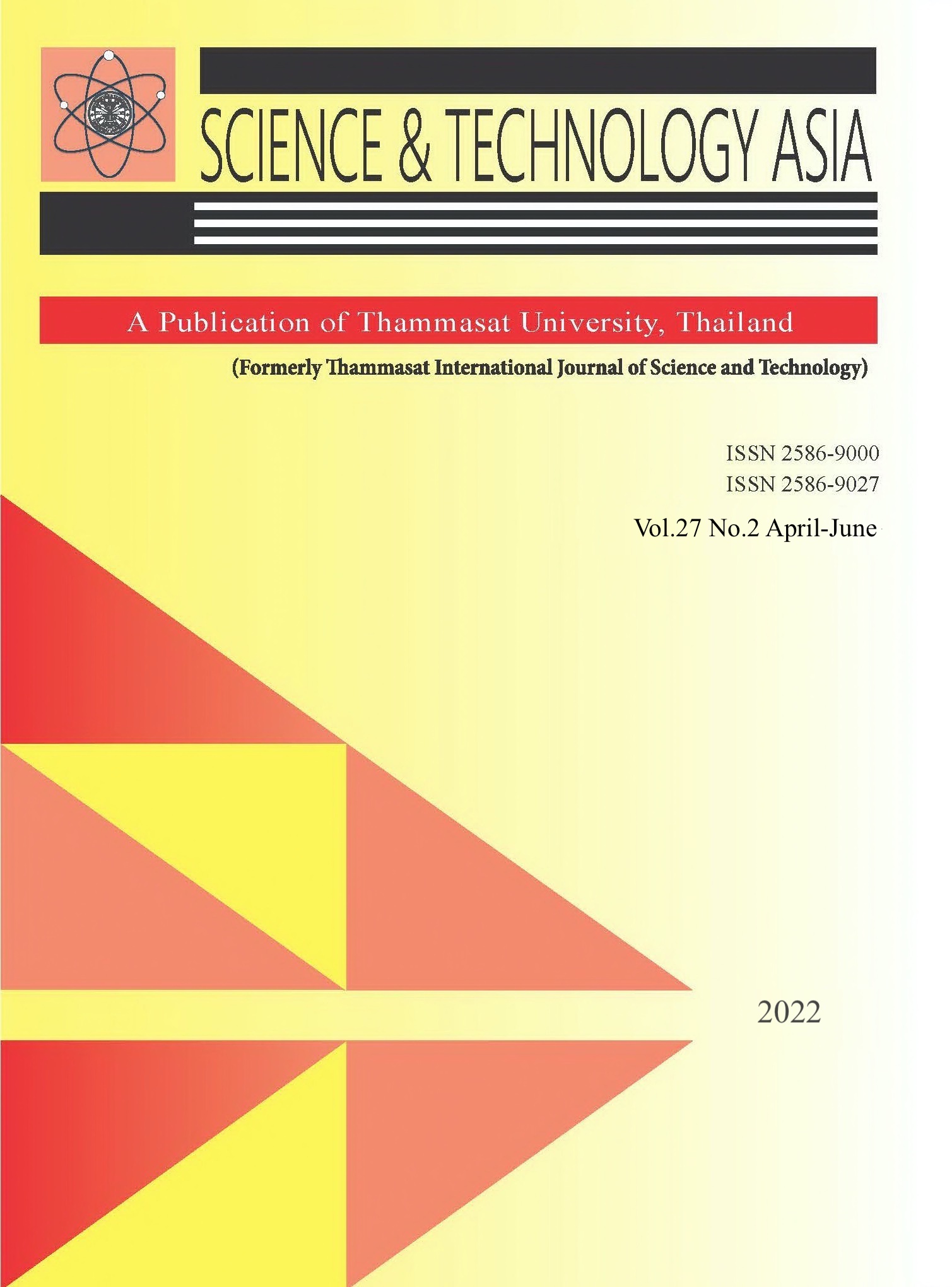Association between Maternal and Infant Serum Vitamin D and Food Sensitization
Main Article Content
Abstract
This study aimed to determine the association between maternal and infant serum vitamin D levels. The association between serum vitamin D level and sensitization to food allergens in infants at the age of 4 moths was investigated. Mother-child pairs were recruited at the delivery room of Thammasat University Hospital. Blood samples for 25-hydroxy vitamin D levels were obtained from mothers at delivery. The infants were scheduled to visit at the age of 4 months. Blood samples were taken from the infants for measuring serum 25-hydroxy vitamin D level and specific IgE to food allergens including cow’s milk protein, egg white, and soy protein. There were 60 mother-child pairs in the study. The prevalence of maternal vitamin D deficiency at delivery was 53.3 percent (95% confidence interval: 40.0%-66.3%). For infants at 4 months, the prevalence of vitamin D deficiency was 18.8 percent (95% confidence interval: 8.9%-32.6%). Infants born from mothers who had vitamin D deficiency at delivery themselves had a higher prevalence of vitamin D deficiency (p=0.012) than those from mothers without vitamin D deficiency. They were more likely to have sensitization to cow’s milk protein at the age of 4 months. In conclusion, the impact of vitamin D deficiency in pregnant mothers was documented. There was a positive association between maternal and infant serum 25-hydroxy vitamin D concentrations. Pregnant mothers with vitamin D deficiency were associated with vitamin D deficiency in their infants at the age of 4 months.
Article Details

This work is licensed under a Creative Commons Attribution-NonCommercial-NoDerivatives 4.0 International License.


